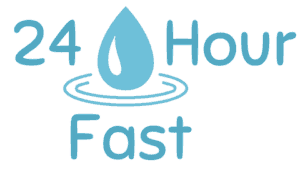This is one of the most common questions asked about intermittent fasting. This method of fasting is quite simple in essence: it just consists of alternating an eating window and a fasting window on a daily or weekly basis, which can lead to incredible benefits. But there is one thing that seems to confuse everyone: how many calories break a fast? Should you stick to water only? Or are there other ways to successful fast? Let’s dive into this and clear the confusion.
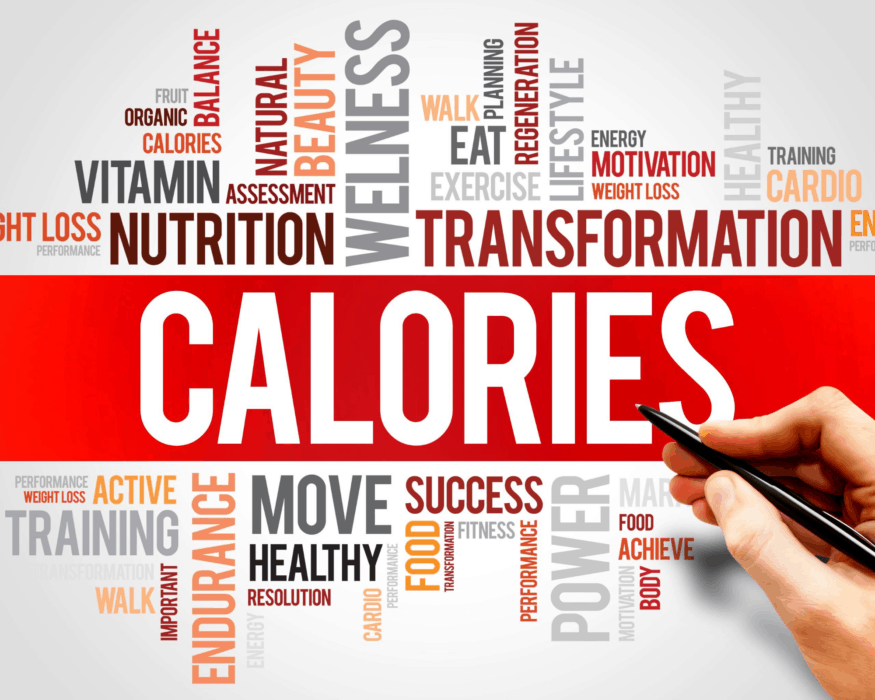
What does breaking a fast mean?
First, we have to address what breaking a fast really means.
From a pure definition standpoint, any fuel coming into your body, in other words, any calorie, will break your fast. This is following the theoretical definition of fasting to the letter.
But as you know, we don’t live in theory. Real life is rarely that black and white. The more practical question you should ask yourself is: why are you fasting? What benefits are you trying to obtain from your fast?
There are multiple benefits to intermittent fasting, from blood sugar control, inflammation reduction, ketones production to increased longevity, just to cite a few. But the most common ones can be grouped into three main categories:
- Gut rest
- Weight loss, fat loss, metabolic health
- Longevity
From that angle, breaking a fast is context-dependent. Whether you are trying to lose weight, rest your gut or get powerful longevity benefits won’t give you the same answer. There is a lot of nuances depending on the situation.
In that sense, you will break your fast if the food, drink, and calorie intake negates the fasting benefits you are expecting to get from the fast itself.
Hence defining your goals and what you are trying to achieve is essential.
How many calories break a fast?
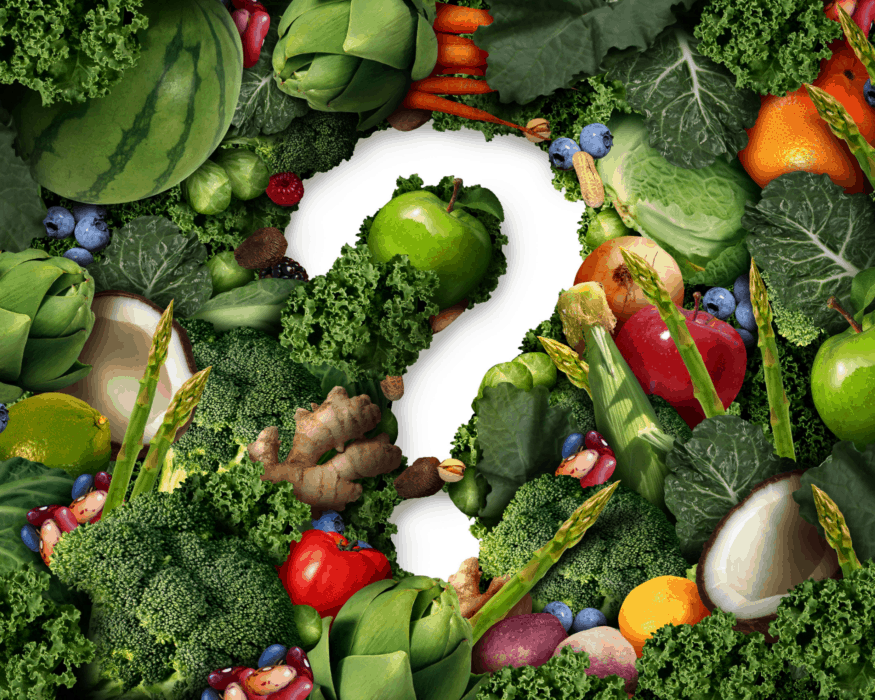
One calorie, if you live in a dictionary
As you have just seen, any calorie ingested goes against the technical definition of fasting. But an all-or-nothing approach is rarely sustainable in the long term. You can still get a myriad of benefits without necessarily going for a strict water-only fast.
Now, if you are currently practicing water-only intermittent fasting and it’s easy and sustainable for you in the long term, then there is no reason to change that. But for the vast majority of people, including myself, flexibility is helpful to create a long-term lifestyle change.
The 50-calorie rule
That is a rule that we see over and over, pretty much everywhere. It states that as long as what you drink or eat is below 50 calories, you won’t break your fast. However, there is no scientific evidence to back up this claim.
Is a good rule of thumb though? Most likely. It really means that you can get away with a minimal amount of calories, as the impact won’t be significant enough to break your fast. It is simple and effective.
However there is a flaw to that rule: not all calories are made equal.
It’s a powerful measure of energy that makes any food comparable to each other, but it’s just that: a measure of energy. It doesn’t inform you of the actual content of that calorie.
Food is not just energy. It is information to your body. It triggers multiple biological processes. Food is not just about calories and as Dr. Jason Fung states: “it’s really about our hormonal response to those calories“. During a fast specifically, the hormonal response to what is ingested is essential as it has the potential to negate the fasting benefits.
Not all calories are made equal
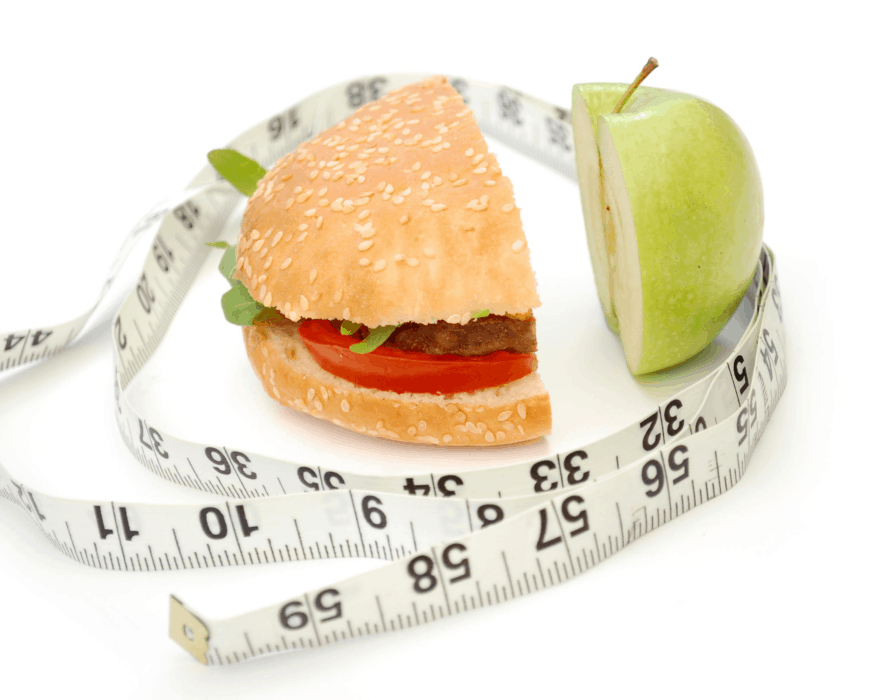
When fasting, what we mainly want to stay away from is triggering the insulin response significantly. We can first look at this from a macro-nutrient perspective:
- Sugar and carbohydrates: They will raise your blood sugar level and spike your insulin the most. At some point during the fast, our body switches from using glycogen as a source of energy to fat-burning mode. If you ingest sugar or carbs, the body will prefer that source of energy and inhibit the fat-burning process. It is best to stay away from sugar and carbohydrates during your fast.
- Protein and Amino acids: Although they raise blood sugar to a lower level than carbohydrates, it will still trigger an insulin response. It will also inhibit autophagy. It’s best to keep those to a minimal amount and prioritize them later, during your eating window.
- Healthy fats: We are not talking about donuts, chips, or ice cream here, to be clear. Healthy fats can range from a bit of cream in your coffee, MCT oil, or some butter in a bulletproof coffee for example. And that is where it becomes interesting. Because fats are higher in calories, intuitively, if we abide by the 50-calorie rule it won’t work. But because fats don’t raise blood sugar and have a very minimal impact on insulin, they can actually stimulate ketosis, the fat-burning process.
This is not to say that we can be extreme, think the calories amount is to ignore completely, get a full meal of fats, and assume this won’t impact our fast. But the type of food that is making up those calories is what to focus on first.
So what should you do?

As you can see by now, there is no single answer to how many calories break a fast. Looking at calories is just a part of the equation. The type of food and its impact on your hormonal and biological processes is what ultimately negate or support the fasting benefits you are looking for.
Depending on your main goal, you can allow more or less flexibility during your fast.
Gut rest
Let’s start with this goal. Well, whenever we eat something, it will trigger digestion and enzymatic reactions. If your goal is true gut rest, it doesn’t allow much flexibility, unfortunately.
Drinking coffee for example will stimulate gastrin release and trigger some digestive functions. What about tea? The research is not conclusive and it mainly depends on the type of tea and your personal biological response to it.
Ideally, this means water-only fast is best for this purpose.
Weight loss, fat loss, metabolic health
That is when we can become a bit more flexible. Stay away from sugar at all costs. But coffee, tea, a minimal amount of cream, or even bone broth could be great options to support you during your fast.
Dr. Jason Fung is one of the biggest proponents of drinking bone broth during a fast. Because it can reduce hunger, replenish your electrolytes, and is full of vitamins. In short, it can help you sustain your fast longer.
If that is your goal, being a bit more flexible won’t negate the main benefits you are looking for.
Longevity and anti-aging benefits

This covers a lot of implications from fasting, like inflammation reduction, autophagy, brain health, heart health, telomere increase, … It is hard to estimate exactly how a certain amount of food will impact each of those processes at the cellular and sub-cellular levels.
Eating stops autophagy for example. But if you keep the amount minimal, does it completely shut it down? Most likely not.
That’s where something like the 50-calorie rule comes handy. Don’t focus solely on the 50, but minimize the amount of food taken. Black coffee or tea can definitely be part of your fasting window if it helps you.
In the end, if you are looking for longevity, you are looking for long-term benefits. And for this, an approach that can be sustainable in the long-term is what matters most. Being flexible when needed will help you there.
It’s all about consistency
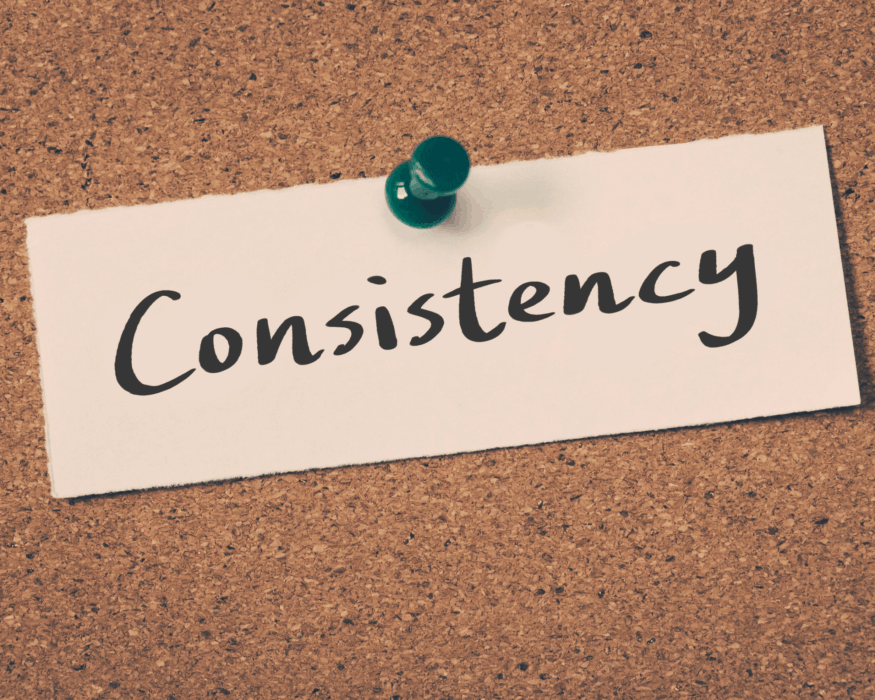
Breaking a fast doesn’t just mean looking at calories. It has to take another major aspect into account: YOU. Your goals and what you are trying to optimize, improve, or achieve.
That is why everyone will have a different definition of breaking a fast. And this definition can actually change over time for yourself as well, on your fasting journey, as your goals evolve.
Wherever you are in your journey, rather than obsessing on a calorie number, focus on consistency.
If a cup of coffee, tea, a small amount of cream, or drinking bone broth help you see your fasting window through the finish, then do it. You will build momentum and will be most likely to start your fast again the following day.
Flexibility leads to consistency. Consistency to sustainability. That is when your goals will become reality.
Once you successfully finish your fast day after day or week after week, you can go to the next step. It may mean increasing the duration of your fasting window or skipping the cream in your coffee. Or maybe trying water-only fast for the first time.
Now if you want a little bit of help to beat those hunger pangs, you can find here the best appetite suppressants to help you sustain your fast.
Conclusion

While it is important to set up some structure during your fast, the answer is not as simple as just a calorie count. Food is much more than just calories. As a general rule of thumb, you want to minimize the amount of fuel ingested during your fast.
But the most important message here is to be clear on your goals and the fasting benefits you want to obtain. Then fast accordingly and stay away from the food and drinks that will negate those benefits.
It may mean water only for some, but more often than not it will likely mean more flexibility. Set yourself up for success with a manageable fasting regimen and there is no doubt you will get the benefits you are looking for.
The information we provide at 24hourfast.com is not intended to replace a consultation with a qualified medical professional. By interacting with this site, you agree to our disclaimer.
